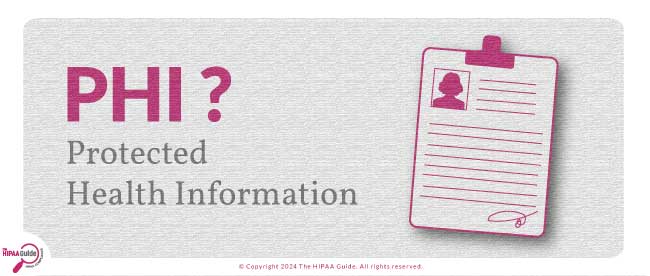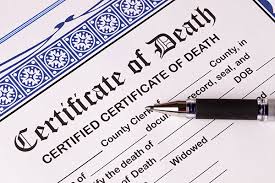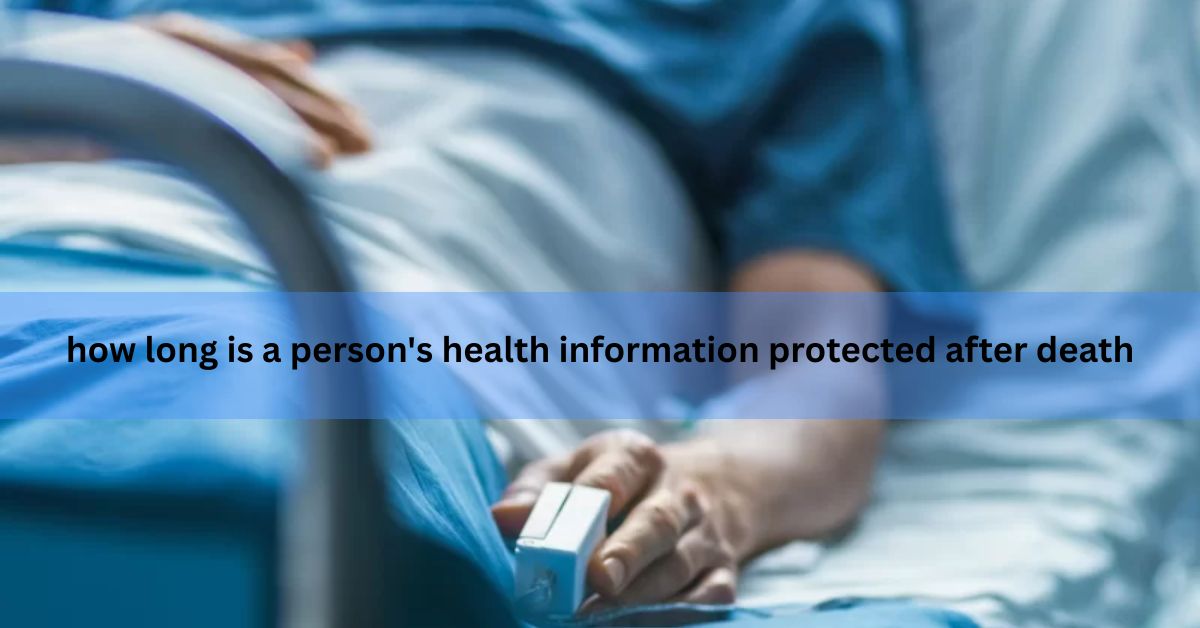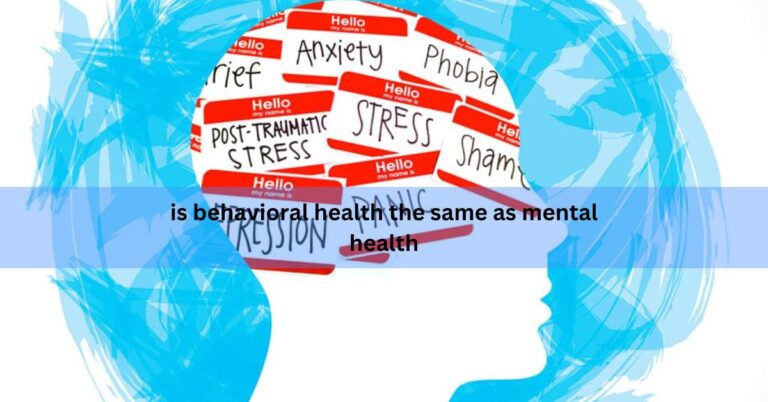How Long Is a Person’s Health Information Protected After Death – Protect Loved Ones’ Records!
In the digital age, the question of privacy doesn’t end when life does. One of the most frequently asked—but often misunderstood—questions in healthcare law is: How long is a person’s health information protected after death? This issue sits at the intersection of patient rights, family responsibilities, legal compliance, and ethical obligations. While the Health Insurance Portability and Accountability Act (HIPAA) establishes federal guidelines, many additional complexities arise based on state laws, types of information, and who’s requesting access.
This in-depth guide offers a clear understanding of how long health information is protected after someone dies, what laws govern it, and how the rights and responsibilities around it evolve over time.
Understanding Protected Health Information (PHI):

Protected Health Information (PHI) refers to individually identifiable health data created, received, or maintained by a healthcare provider, health plan, employer, or healthcare clearinghouse. It includes:
- Medical history
- Diagnoses and treatments
- Billing information
- Identifying details like name, address, and Social Security Number
HIPAA is the cornerstone law governing how PHI is handled in the U.S.
HIPAA’s 50-Year Rule After Death:
According to the HIPAA Privacy Rule, a deceased individual’s PHI is protected for 50 years following the date of death. This rule was clarified in the HIPAA Omnibus Rule of 2013, which extended the Privacy Rule protections to post-mortem data with a 50-year time limit.
Key Points:
- PHI remains confidential for 50 years after the person’s death.
- Covered entities (like hospitals and insurance providers) must treat this information with the same care as for living individuals.
- After 50 years, HIPAA no longer applies to that information—but other laws may.
Can PHI be used for research after death?
Yes, Protected Health Information (PHI) can be used for research purposes after a person’s death. However, researchers must either obtain approval from an Institutional Review Board (IRB) or ensure the data is properly de-identified in accordance with HIPAA regulations. This ensures privacy rights are still respected even posthumously.
Why Is Health Information Protected After Death?
You might wonder: If the patient is deceased, why keep their health data private?
Here are reasons for continued protection:
- Family privacy: Medical conditions can reveal sensitive family information.
- Stigma: Certain illnesses (e.g., mental illness, STDs) can affect the family’s social or financial status.
- Insurance fraud prevention: Protecting PHI helps avoid fraudulent claims using deceased individuals’ information.
- Medical ethics: Doctors and institutions uphold professional standards beyond life.
Also Read: Haven Health Phoenix – Comprehensive Skilled Nursing & Rehabilitation!
Exceptions to the 50-Year HIPAA Rule:
1. Personal Representatives:
Legally authorized personal representatives, such as executors or court-appointed administrators, can access a deceased person’s PHI. This is crucial for settling medical bills, processing life insurance, or addressing genetic health concerns for surviving relatives. HIPAA permits this as they act on behalf of the deceased in legal matters.
2. Public Health and Law Enforcement:
Under HIPAA, PHI may be disclosed before the 50-year rule for public health or law enforcement needs. This includes disease tracking, death reporting, or aiding criminal investigations. These disclosures require legitimate, documented justification and are strictly regulated.
3. Research Purposes
De-identified health data can be used in research with proper protocols, even if the person has been dead for fewer than 50 years.
4. Organ Donation
PHI can be shared with organ procurement organizations to facilitate donation or transplantation processes.
State Laws: Can They Override HIPAA?
HIPAA sets the baseline, but state laws can extend protections further. Some states enforce stricter rules or longer retention periods. For example:
- California: Health data may be protected indefinitely, especially under the California Confidentiality of Medical Information Act (CMIA).
- New York: Providers must retain records for 6 years, but disclosures may have more restrictions.
- Texas: Retention of records is required for at least 7 years, and the release of PHI may require special authorization.
Always consult both federal and state-specific regulations if you’re handling a deceased person’s medical records.
How Long Must Medical Records Be Retained?
While HIPAA mandates protection of PHI for 50 years, it does not specify how long providers must retain medical records. That responsibility falls to state law and professional guidelines.
Typical record retention times:
- Adults: 7–10 years after the last visit
- Minors: Until the patient turns 21 or longer
- Deceased: Usually 7 years, but not less than the period required by law
It’s important to note that retention laws and privacy laws are different. Retention means how long the records are stored. Privacy governs how those records are accessed or disclosed.
Are death certificates considered PHI?

Death certificates themselves are not considered Protected Health Information (PHI) because they are classified as public records. However, the medical records and health data used to complete the death certificate remain protected under HIPAA as PHI. Access to these underlying records is restricted and requires proper authorization.
Challenges in Accessing Deceased Individuals’ PHI:
Family members often assume they have automatic rights to a loved one’s health information—but that’s not always the case.
Common barriers:
- Lack of legal authority: Without documentation like a will or court order, access may be denied.
- Misunderstanding of HIPAA: Some providers may over-interpret HIPAA and deny access even when permitted.
- State laws complicating access: Local rules may add extra layers of authorization or red tape.
Navigating Access: What You Can Do
If you need access to someone’s health information after death:
Obtain legal status
Become the official executor or administrator of the estate through probate court.This legal recognition gives you the authority to access the deceased’s medical records.
Provide a death certificate
Submit a certified copy of the death certificate to the healthcare provider.It verifies the individual’s death and your valid reason for requesting records.
Submit formal requests
Each medical facility may require a written application or specific forms.Be prepared to follow unique procedures and provide necessary identification.
Consult legal professionals
In complex cases, a healthcare or estate attorney can offer valuable guidance.They ensure your actions comply with HIPAA regulations and state-specific laws.
Ethical Considerations in Post-Mortem PHI:
Ethics plays a crucial role, particularly in research or media usage.
- Consent from family: Ethically, even if not legally required, consent from family should be sought.
- Respect for the deceased: Disclosure should always be done with dignity and discretion.
- Purposeful disclosure: Ensure the benefit of releasing data outweighs the risk to legacy or reputation.
FAQ’s:
1. What does HIPAA say about deceased individuals’ health records?
HIPAA mandates that a deceased person’s PHI must be protected for 50 years after their death. During this time, only authorized individuals can access it under specific conditions.
2. Can a family member access a deceased relative’s health records?
Only if they are the legal personal representative (e.g., executor or administrator of the estate). General family status does not grant automatic access.
3. Is health information still protected after the 50-year period ends?
HIPAA no longer applies after 50 years. However, other laws—like state statutes or institutional policies—might still restrict access.
4. Does HIPAA apply to genetic information of the deceased?
Yes, genetic data is considered PHI and is protected under HIPAA for 50 years. Access requires proper authorization.
5. What happens if a healthcare provider violates HIPAA after a patient’s death?
The provider may face civil penalties or be subject to an investigation by the Office for Civil Rights (OCR), even after the patient has died.
6. How can I find out the retention rules in my state?
You can check with your state’s health department or medical board. Laws vary widely by state and provider type.
7. Is it possible to request PHI if 50 years have passed?
Yes, once 50 years have passed, HIPAA restrictions no longer apply, and access is generally easier—though organizational policies may still require documentation.
Final Thoughts:
The idea that health information remains private after death is rooted in dignity, ethics, and protection. HIPAA’s 50-year rule offers a uniform standard, but real-world application is often more nuanced. Whether you’re a family member, healthcare provider, or legal executor, understanding these rules empowers you to act responsibly and lawfully.
Read More:






